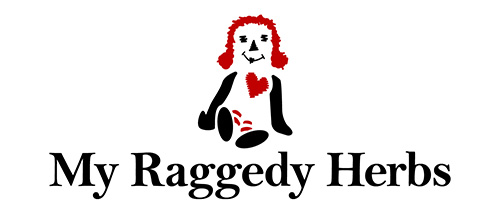
People have a deep affection for Mediterranean herbs. In fact, they LOVE them!
There is an intense desire to grow them, handle them, cook and live with them and even bathe in them. If you ask a random person off the street to name a few herbs, lavender, rosemary or thyme are sure to be on their list. These strong aromatic herbs are both culinary and medicinal. Over the centuries, they have made their way onto our tables, into our teacups and to our medicine chests.
With spring gardening season upon us, many are excited about incorporating some of these herbs into their gardens. In Oklahoma, successfully growing them can be a bit tricky, so I want to share with you a few of my secrets.
First, consider their terroir. Terroir is the environmental conditions including the soil composition, the climate, the temperature, the humidity, the altitude –literally EVERYTHING surrounding a plant. The combination of ALL of the various factors (big and small) contribute to the unique characteristics of a specific fruit, vegetable, berry or herb. It is the terroir that determines the taste, the aroma, the texture, the strength and everything that makes a certain plant what it is.
Does this mean that we should avoid growing Mediterranean herbs? Absolutely not! Even though they may not have been created for our area, by selecting the best varieties and practicing a few good techniques, we too can enjoy these herbs in our gardens.
Lavender: Lavender can be grown quite successfully as an ornamental, culinary and medicinal plant. Some of the varieties that do pretty well in central Oklahoma are: Grosso, Hidcote, Hidcote Pink, Munstead, Provence and Spanish.
Rosemary: Rosemary is considered the king of the herbal world! It is either of an upright nature or a sprawling nature and typically does not tolerate our cold temperatures very well. In Zone 7 it is a tender perennial, and you will have the best chance of it coming back year after year if you plant a Furneaux or Arp variety and offer it some protection during the winter with a good layer of mulch and a wind block.
Thyme: In the kitchen, it’s right next to the salt and pepper! Thyme is used for seasoning SO many things. Unfamiliar to many is that it’s also an extremely beneficial tea to drink for various ailments. There are many varieties of thyme, and most of them perform similarly. Thyme likes to cascade, so plant it somewhere that it can hang off the side.
If you plan to grow Mediterranean herbs in the ground, you will have better success if you plant them on a “hill” or a mounded area so they can drain quickly. They prefer poor, rocky soil which drives most gardeners crazy, since we work so hard to create nutrient rich soil. They do not like to have “wet feet,” which means their undersides like to remain dry. They do not do well with any of their branches sitting on moist or soggy soil, so it’s helpful to top-dress these areas with pea gravel.
If you are planting in a container, add some fibrous materials such as peat moss as well as fine gravel to your potting soil. Top-dress the container with pea gravel. This combination should improve drainage while also allowing your container to hold some water. Do not overwater. These herbs prefers several small drinks and misting throughout the week rather than being soaked.
Understanding terroir is the key to not only growing Mediterranean herbs but living our lives. Both plants and people are more successful when they are growing in an environment that they were created for. Philippians 3:20-21 tells us, “For our citizenship is in heaven, from which we also eagerly wait for a Savior, the Lord Jesus Christ; who will transform the body of our lowly condition into conformity with His glorious body, by the exertion of the power that He has even to subject all things to Himself.”
Dear friends, if you feel discouraged in this broken world, hope is on the horizon! Look up! Jesus is near. We were not created for this world.
